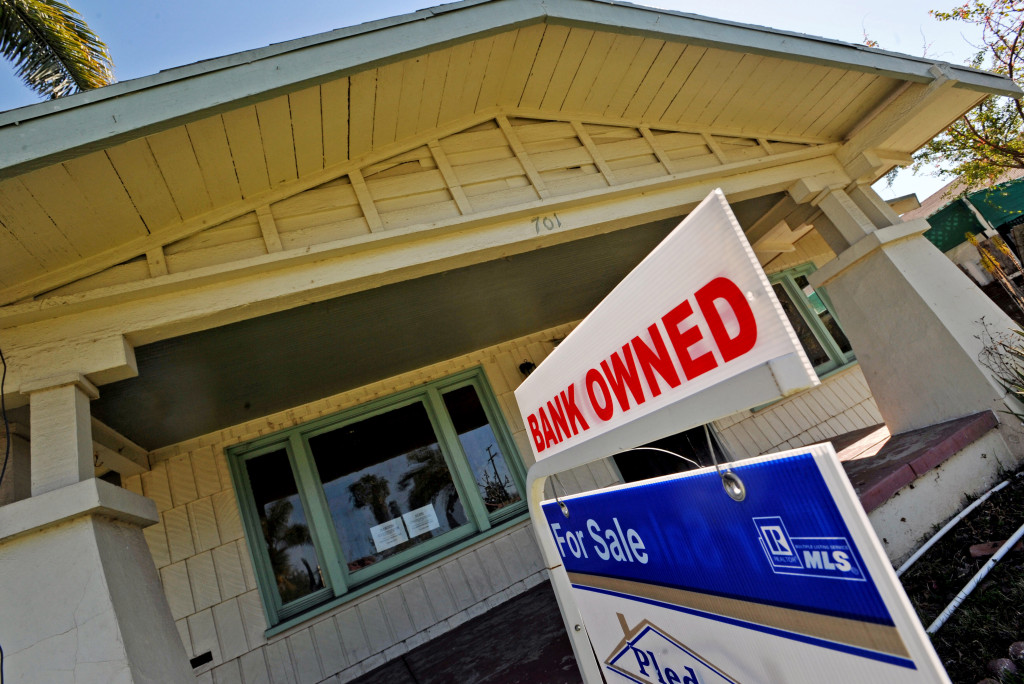Lenders are lining up to let California homeowners with coronavirus-related financial troubles skip some mortgage payments.
That’s great news for the homeowners among the 1 million-plus Californians who have recently applied for unemployment insurance, a shocking loss of jobs. For all of last year, 2.1 million claims were made. In 2008 and 2009, in the heat of the Great Recession, 3.9 claims were made each year.
Policymakers and bankers are rushing to find ways to keep the sudden economic wallop from turning into a foreclosure crisis. But before you get too excited, let’s look at what we know.
Q. Who’s in?
A. California Gov. Gavin Newsom said Wednesday, March 25 that Wells Fargo, US Bank, Citi and JP Morgan Chase will waive mortgage payments for 90 days. State-chartered banks and credit unions also have agreed to the 90-day forbearance.
Bank of America has agreed to a 30-day suspension, Newsom said.
Q. Who’s really helping me?
A. Who is “servicing” your loan? That’s usually who’s collecting the monthly check. Some lenders keep the mortgage they made with you, or at least service it. But often loans are sold to a new company collecting repayment. That servicing bank is the one with which institution you must check.
Q. Didn’t I hear there was federal help, too?
A. The federal agencies that package and insure mortgages for resale to investors have told the companies that service these loans to offer troubled borrowers some slack for up to one year. That action may have nudged individual banks to offer payment breaks. If your April payment is in doubt, call now because it may not be a simple process.
Q. How do I get help?
A. Cash-strapped borrowers seeking these payment holidays face huge unknowns. These plans have just been announced. So, how does one apply for the payment breaks? What’s required to get accepted for the waiver? What are the repayment plans? And will those skipped payments show up as a negative item on credit histories or create a tax issue? Call. Take good notes. Be persistent.
Q. Is this a good deal?
A. The devil is in the details and also very dependent on personal situations and preferences. Specifics are lacking in this quick-moving story, but at first glance, this is great news for many folks whose finances have been turned upside down in a month. But caveats must be noted. Many mortgage-aid offers following the economic collapse of 2008-09 proved to be fruitless, if not harmful, endeavors.
Q. Can somebody help me?
A. I can guarantee you that scam artists are dreaming up schemes already. Please be extremely wary of any unknown third-party that offers assistance. And never pay an upfront fee! This is very much an “aid-seeker beware” situation.
Q. What if it’s an investment property?
A. The less traditional the financing in trouble, the murkier the picture. Certain government mortgage agencies have issued guidelines about relief for investment property loans. Note that repayment breaks may come only if the landlord needing financial help agrees not to foreclose on tenants. Again, if you can’t make a payment, get on the phone — soon.
Q. Can I skip my property tax bill, too?
A. No. The next house payment challenge for Newsom is property taxes, which are due April 10. County tax collectors insist they have no flexibility to extend payment dates even though the state pushed back its income tax due dates by 60 days to July 15. If you won’t be able to pay, call your county’s tax collector office sooner rather than later.










